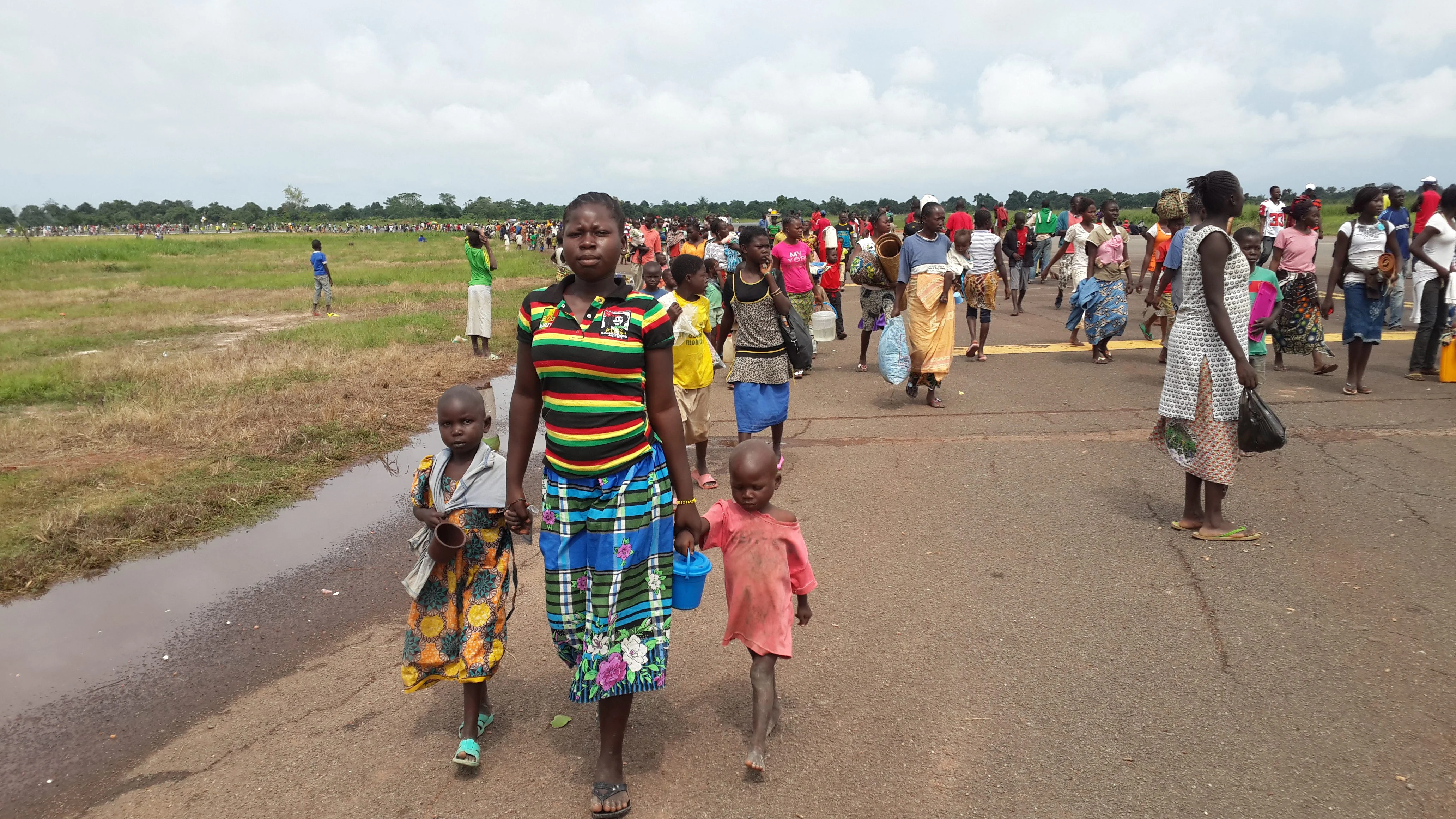
As a result of the hostile takeover of food sovereignty systems by profit seeking entities, farmers have been stripped of their indigenous farming systems which sustained them, and have been tricked into the captivity of the vicious conventional farming system. This has left farmers vulnerable to climate change, ill health and numerous other social, economic and environmental problems.
PELUM Zimbabwe and its strategic partners are working to empower farmers to take back control of their food sovereignty by facilitating platforms for participatory knowledge sharing and creation.
Peter Mudzingwa (29), a youth small-scale farmer working with PELUM Zimbabwe partner, Zimbabwe Smallholder Organic Farmers’ Forum (ZIMSOFF) says these platforms have been instrumental in enhancing productivity.
“We are learning a lot from these exchange visits. These visits enable us to share our experiences with other people from other places. Only a few years ago our land used to be unproductive due to lack of knowledge sharing. Right now, we can see tangible changes where there used to be no productivity because of knowledge creation and sharing through exchange visits and trainings,” says Peter.
Where people used to starve they now have abundance. We are able to produce enough food and surplus as well as take care of the environment better,” adds Peter.
Peter made these remarks during a PELUM Zimbabwe coordinated learning and exchange visit held at the Shashe School of Agroecology from 20 to 21 February where 54 participants from various districts attended.
Chomu Nechikwira (41), a project officer with PELUM Zimbabwe member, Mwenezi Development Training Center (MDTC) who also participated in the learning visit says learning and exchange visits are a valuable component for development work.
“The work that Agroecological centers are doing has been increasing knowledge and practice of agroecology. There has been transformative work around agroecology ever since the movement began gaining ground,” he says.
Nelson Mudzingwa (54), National Coordinator for ZIMSOFF and a founding father of the Shashe Agroecology School says farmer-led initiatives are the key to successful adoption of agroecology and learning and exchange visits give opportunities for farmers to learn from each other.
“The idea behind the centres of excellence is to give farmers first-hand information so as to give them the capacity and practical knowledge on agroecology. It is also important to reaffirm the need for communities to have control over their own food systems and the right to healthy and culturally appropriate food,” says Nelson.







